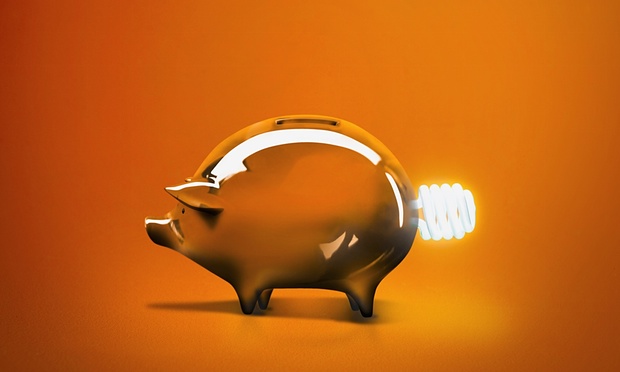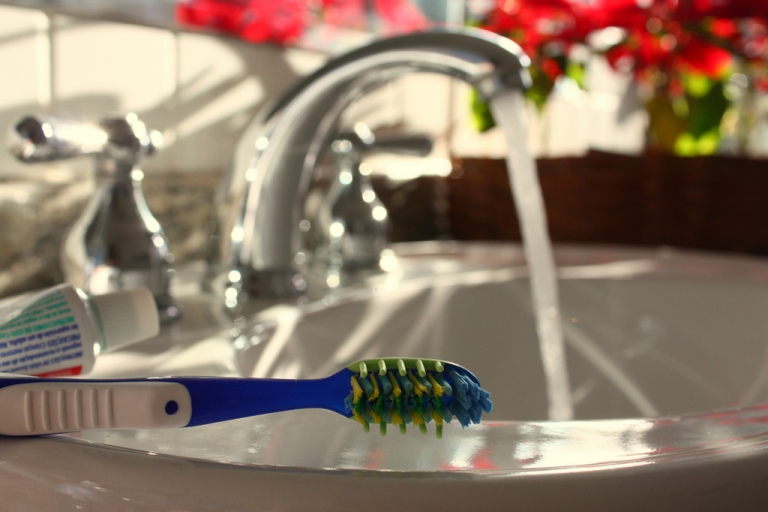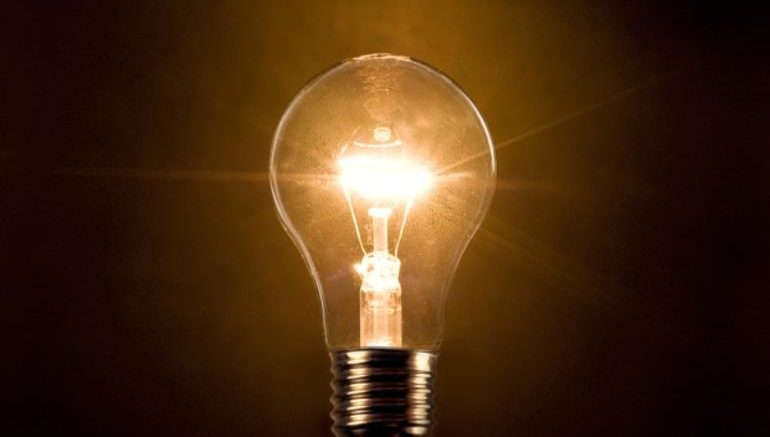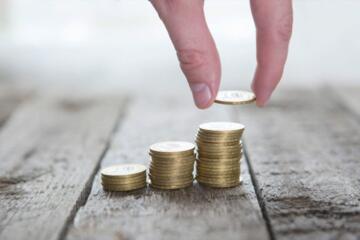Utility bills – don’t you just love them? Please, before you riot, I’m kidding. Nobody loves utility bills (other than utility companies). In fact, nobody loves bills in general. With most of them, it’s a bit easier to take action and reduce or even eliminate the bill entirely. On an expensive cell phone plan? See it out and replace it with a cheaper alternative plan. Gym membership too expensive? Well, you could always just cut it entirely and start working out at home, or the local park. After all, running is free and bodyweight exercises can create seriously impressive results.

The general recommendation tends to be around 30% of income for utility and housing expenses, though numbers from 25-41% are quite common to see. This is a big chunk of your overall income, and I can’t imagine anyone who wouldn’t jump at the chance to cut this number.
For most people, cutting the cost of utility bills by even a couple of percent can create a big increase in the disposable income they have available. This amount could go towards paying off debts, a house deposit, or saving for the future. Even for those with plenty of cash in the bank, lowering your costs while still living the same lifestyle is an attractive option.
The main utilities can be separated into three distinct groups. These are heating/cooling, water, and electricity. In some households, there’s going to be a little crossover in some of these areas. For example, a water heater can cost you on both the water bill and the electricity bill. Some homes might have a large electricity bill and not much or even nothing for heating/cooling. This happens when the household uses temperature control systems that are fed purely by electricity and perhaps water. Because there is no need for fuel or natural gas, there is no separate bill for those items.
Heating/Cooling
For the biggest changes to these energy bills, you need to start changing how you handle hot and cold weather. Your climate is going to have a big effect on this too. If you’re lucky enough to live in a temperate to warm climate, you can just wrap up warmer in the winter and use cool, loose clothing in the summer. It’s possible to get by with almost no use of the heating/cooling systems in these situations. Of course, if you live in Alaska, or on the opposite end – Florida, then the extreme temperatures mean you HAVE to heat or cool your home.

You should still start off by using clothing to control temperature. Layer up in the cold weather, and get down to cool, thin clothing if it’s hot. The next check on your list should be the thermostat. This controls the temperature in your home, and many of them can be programmed to work more efficiently.
Firstly, make sure it’s off if you aren’t home (unless you need a minimum setting for prolonged periods, to protect from burst or frozen pipes). Secondly, it’s a good idea to try and keep it just a little bit cooler in the cold times or a little bit warmer in the hot times. The idea is that you won’t notice much of a difference if the temp is a few degrees out, but your systems won’t have to work so hard, saving power and lowering your energy bills.
These simple points cover most of the heating and cooling issues. What’s left is the structure of those systems, and of your house itself. With heaters/coolers, you need to have regular maintenance done. Check the system is working properly and also check any ducts or attachments. Wear and damage can cause parts to loosen or become less efficient. The system overall will rely on all parts working as well as they can. If they aren’t working optimally, you’ll be wasting money trying to power the system.
Seals around your windows and doors are equally important. There shouldn’t be any drafts able to get in or out of your home unless you choose to by opening a door, window or vent. Having good seals keeps the warmer and colder air separated.
The point about seals can affect kitchen appliances too. Poor seals on a fridge freezer will allow cold into your home and waste power keeping the fridge cool too. Your energy bills can quickly creep up in these situations!
Water Bills
Hot water can be cut back in a bunch of different areas. The first is bathing. If you’re taking a bath, it’s usually more economical to switch to a shower. If you’re already showering, cut the time down by a couple of minutes. When you do this, you save litres of hot water which can be used elsewhere.

Laundry is another area you can save. A lot of clothes will get clean just fine in a warm wash or even a cold one. Modern technology and detergents are still able to get into the clothing and clean it all. Only certain materials or stubborn stains will demand a hot wash these days.
Leaky taps or faucets, or even a toilet which keeps on running or flushing, can waste a lot of water (and therefore: money) over the course of a year. Most people don’t realize how big this is because they just see a few drops of water dripping out at a time. Put it this way – 5ml (a teaspoon) isn’t much, but if it drops every 5 seconds, that’s 60ml a minute. Or 3.6 liters in an hour, or 86.4 liters a day! Now you can see for yourself how fast a few drops can add up.
Electricity/Power Bills
This is what most people think of when you say ‘energy bills’ – the electricity bill.

For the biggest difference here you should switch to energy efficient appliances all over your home. This includes replacing light bulbs with low energy strips, going over the appliances in your kitchen, and even your television and vacuum.
The use of dimmer switches and a smart energy source are also helpful. The smart meter allows you to see when and where energy is being used, so you can limit it. Switching off electronics when not in use is also a good idea, because most of them still use some energy in standby mode.
You should also switch everything off before leaving the house, except for essentials like the freezer. By being more aware of your use and making smarter choices, you can save a lot of cash. Combine this with modern low power appliances, and you can slash a big chunk off your electric bill.
Disclaimer: Our service is not intended to be, nor should it be construed as financial advice. We help our readers make informed decisions via impartial information and guides. Where appropriate, we may introduce partner companies who can provide services relating to financial products.






